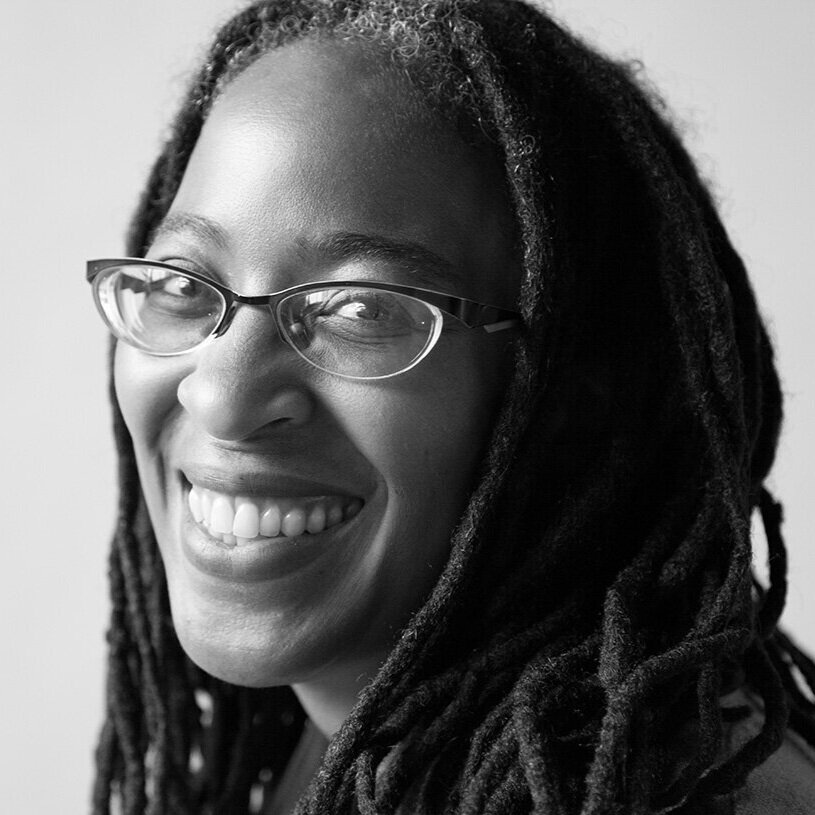A fifth of animals without backbones could be at risk of extinction, say scientists.
-BBC Nature News
Ask me if I speak for the snail and I will tell you
I speak for the snail.
speak of underneathedness
and the welcome of mosses,
of life that springs up,
little lives that pull back and wait for a moment.
I speak for the damselfly, water skeet, mollusk,
the caterpillar, the beetle, the spider, the ant.
I speak
from the time before spinelessness was frowned upon.
Ask me if I speak for the moon jelly. I will tell you
one thing today and another tomorrow
and I will be as consistent as anything alive
on this earth.
I move as the currents move, with the breezes.
What part of your nature drives you? You, in your cubicle
ought to understand me. I filter and filter and filter all day.
Ask me if I speak for the nautilus and I will be silent
as the nautilus shell on a shelf. I can be beautiful
and useless if that's all you know to ask of me.
Ask me what I know of longing and I will speak of distances
between meadows of night-blooming flowers.
I will speak
the impossible hope of the firefly.
You with the candle
burning and only one chair at your table must understand
such wordless desire.
To say it is mindless is missing the point.
Published:
2012
Length:
Regular
Literary Movements:
Contemporary
Anthology Years:
2021
Themes:
Nature
Literary Devices:
Anaphora
a figure of speech in which words repeat at the beginning of successive clauses, phrases, or sentences
Epigraph
a short quotation or saying at the beginning of a book or chapter, intended to suggest its theme
Imagery
visually descriptive or figurative language, especially in a literary work

